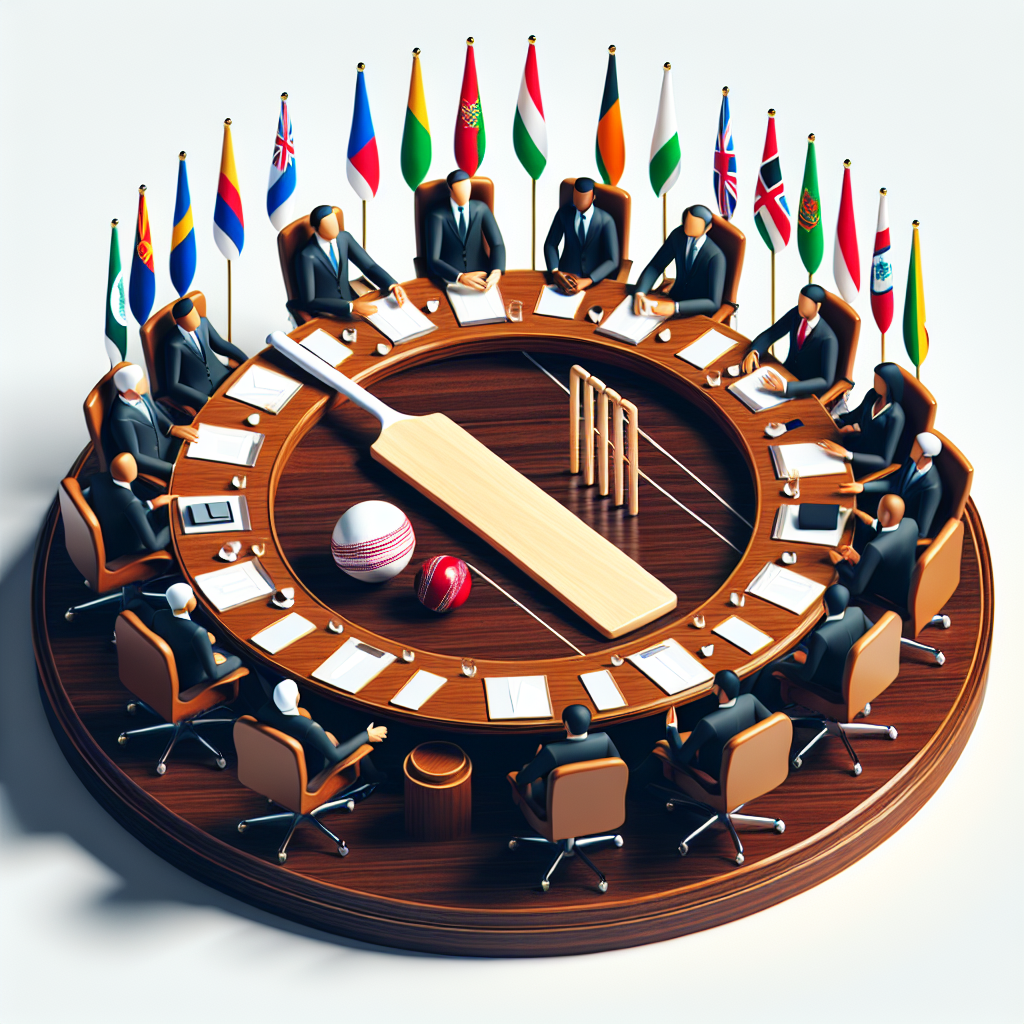ICC at Crossroads: Global Tensions Over Arrest Warrants
The ICC faces criticism after issuing arrest warrants for high-profile figures, including Netanyahu and Putin, amid U.S. sanctions. The court, set up to prosecute crimes against humanity, has issued 60 warrants, with 32 cases under investigation covering regions from Gaza to Ukraine.

The International Criminal Court (ICC) is under fire as the United States initiates sanctions in retaliation for investigations into American citizens and allies such as Israel. This reaction follows the ICC's arrest warrant against Israeli Prime Minister Benjamin Netanyahu, prompting severe court condemnation.
Since its establishment in 2002, the ICC aims to address war crimes, genocide, and crimes against humanity, particularly where national jurisdictions fall short. It currently has 125 member states and a 2025 budget of approximately 195 million euros. Ongoing investigations span across the globe, from the Palestinian territories to Ukraine and numerous African nations.
The court has managed 32 cases and issued 60 warrants, yet it faces criticism for its decisions. Among those facing charges are leaders like Netanyahu, accused of war-related crimes, and Russian President Vladimir Putin. The ICC's jurisdiction hinges on member state affiliation, yet non-members like the U.S., China, and Russia argue the court risks politicization.
(With inputs from agencies.)










